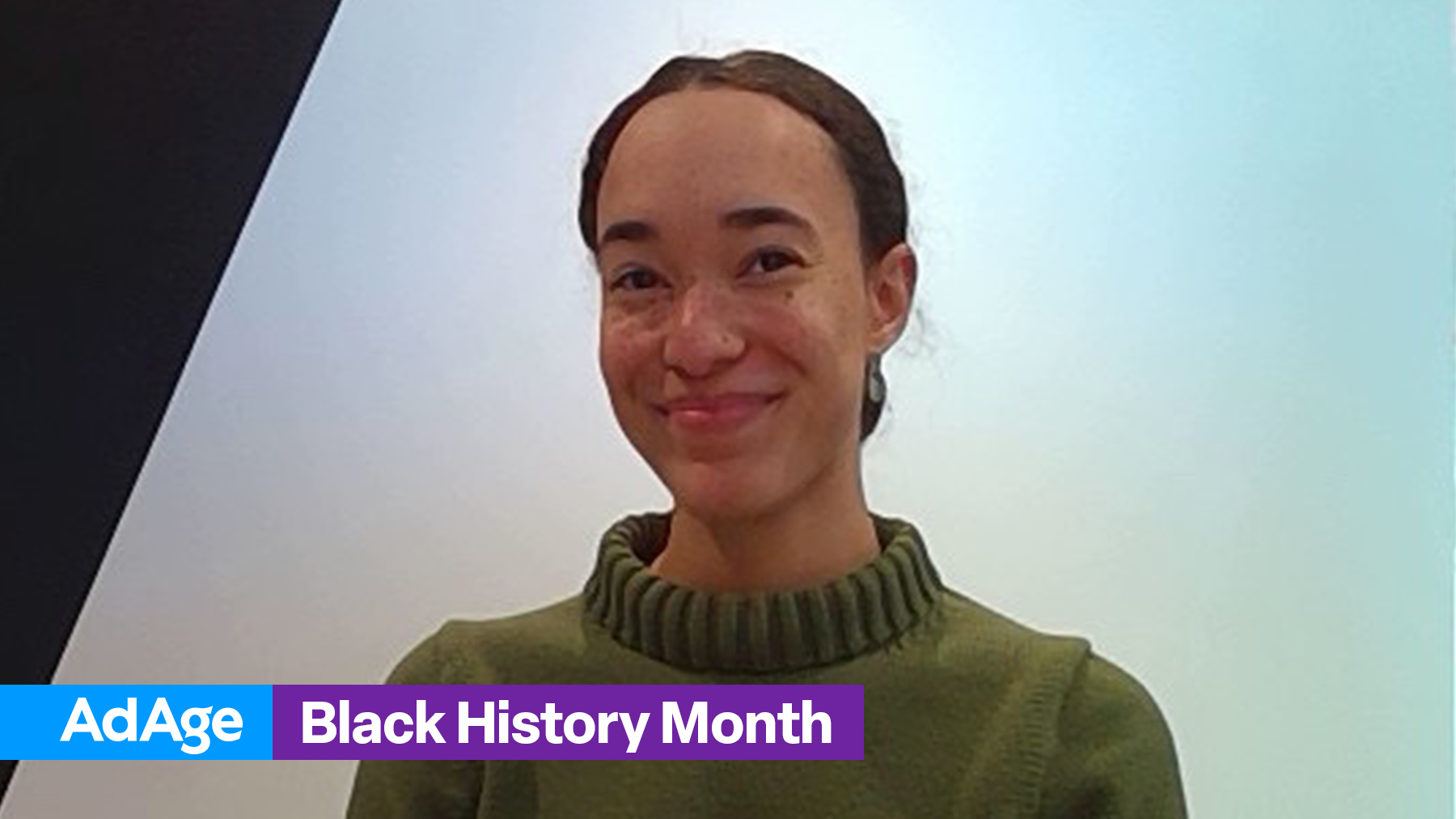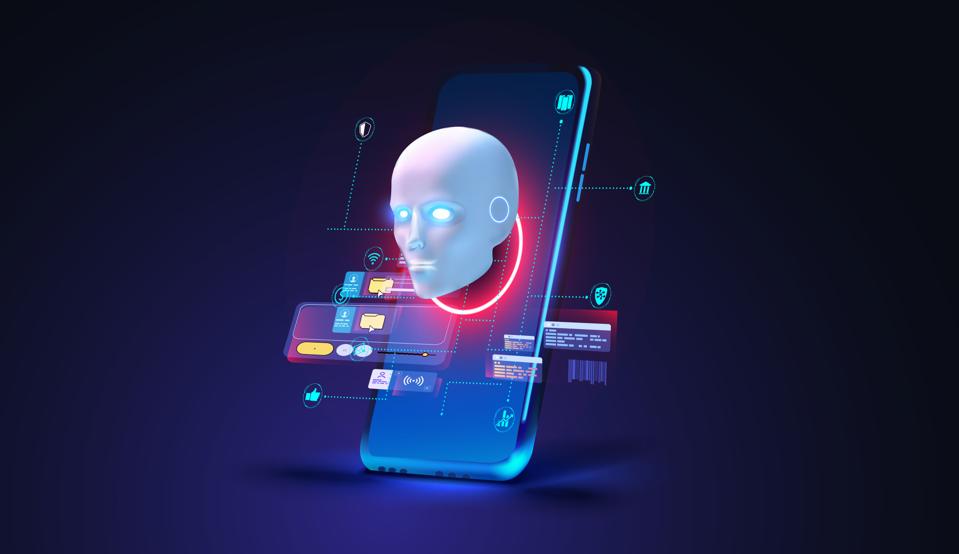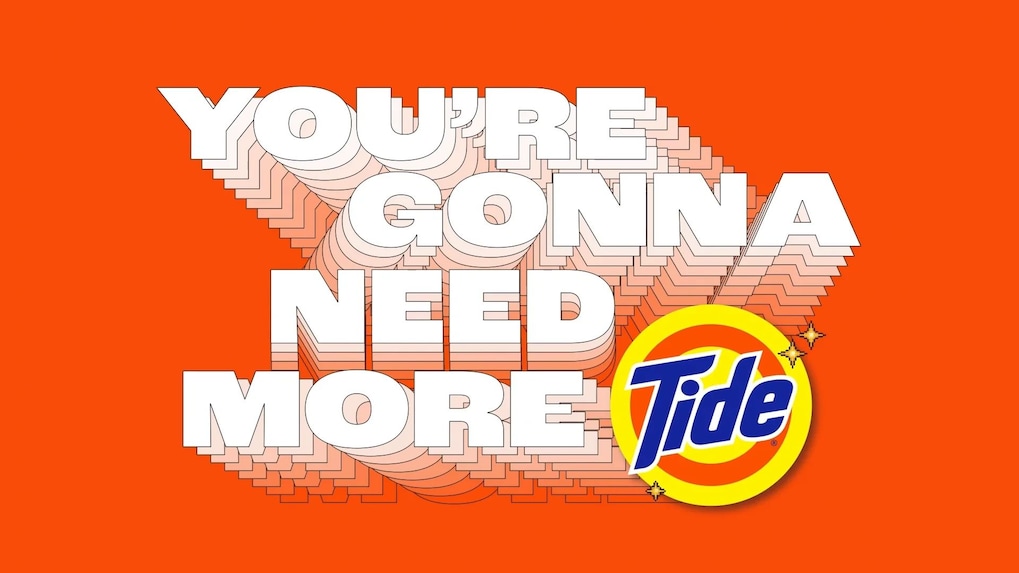In April 2024, OpenAI, the company behind ChatGPT, announced its exploration into integrating sponsored content within its business-focused offerings. This move signifies a pivotal shift in the advertising landscape, as AI chatbots become increasingly significant in the digital marketing ecosystem. As AI-driven interactions gain traction, startups are also innovating APIs for ‘conversational ad insertion,’ aiming to monetize chatbot services while ensuring a seamless user experience.
The transition from passive browsing to engaging conversations is set to revolutionize not only the placement of advertisements but also their design. This evolution presents an opportunity for startups and creative agencies to pioneer ad formats that blend naturally into conversational flows, delivering genuine value and maintaining the integrity of user queries.
A New Era for Advertising
The digital advertising realm has historically been dominated by Google and Facebook. Google, established in 1998, introduced AdWords (now Google Ads) in 2000, transforming how businesses connected with consumers through a pay-per-click model that precisely targeted users based on their search intent. By 2010, Google commanded over 30% of global online ad revenue.
Facebook made its foray into the advertising industry in 2007 with Facebook Ads, leveraging detailed personal data for audience targeting. By 2015, Facebook was the second-largest digital advertising platform, holding nearly 18% of the global digital ad market. Together, Google and Facebook controlled more than half of the $300 billion digital ad market by 2020, dictating marketing strategies for over a decade.
The Rise of Chatbot Ads
Today, the dominance of Google in the search and advertising sector faces new challenges. AI chatbots like ChatGPT and Google’s own Gemini are gaining a foothold in the information retrieval process, traditionally dominated by Google. According to a Gartner report, by 2026, 25% of online searches could be conducted via AI chatbots instead of traditional search engines.
As user expectations shift toward conversational and immediate answers, the traditional search ad model loses traction. This emerging behavior introduces a new advertising frontier, where AI chatbots, designed for utility and engagement, have the potential to become advertising platforms. Companies that master ad integration within these systems, without undermining user trust, stand to gain significantly.
Opportunities for Marketers in Chatbots
Marketers venturing into this new terrain must adapt to novel ad formats. Here are potential strategies for advertising within AI chatbots:
– Sponsored Recommendations : When a user queries a chatbot about the best laptop for remote work, a clearly labeled, sponsored suggestion for a specific brand or model could be included. Like Google Ads, transparency in these placements is crucial.
– Product Mentions in Content : In response to a request for a travel itinerary, a chatbot may recommend a sponsored airline or hotel, akin to influencer marketing where product recommendations are integrated naturally.
– Chat-Integrated Promotions : Chatbots could offer exclusive discount codes or trial offers when users inquire about services. For example, a query about the best meal delivery services might trigger a special offer from a sponsored brand.
– Premium Listings in Comparisons : In instances where chatbots provide comparisons, such as ‘Top 5 project management tools,’ a sponsored brand could appear prominently or receive enhanced descriptions, similar to promoted search results.
– Interactive Brand Experiences : Companies could design branded ‘micro-conversations’ or mini chat experiences within larger AI platforms. For instance, a query about fitness could initiate an optional deeper conversation with a sponsored brand’s fitness advisor chatbot.
This innovative marketing approach necessitates careful execution. Users expect AI chatbots to be informative, unbiased, and helpful. Overly intrusive or misleading ads could quickly erode user trust. Transparent labeling, relevance, and genuine value delivery are essential to maintaining user confidence.
Note: This article is inspired by content from https://www.forbes.com/sites/abdoriani/2025/04/27/advertising-in-ai-chatbots-disruption-digital-marketing/. It has been rephrased for originality. Images are credited to the original source.










Leave a Reply